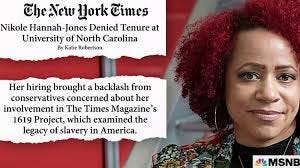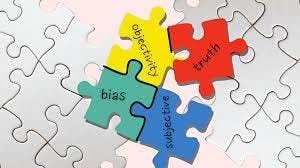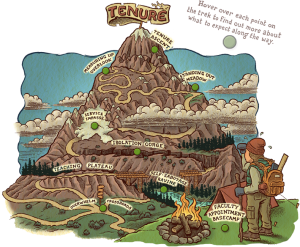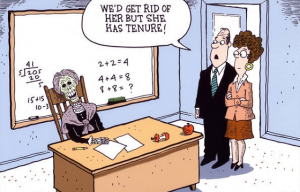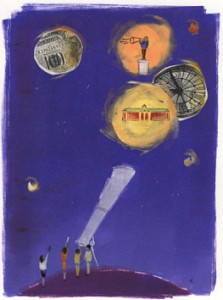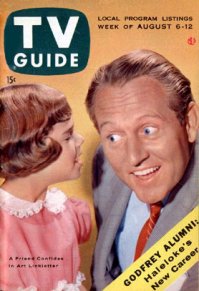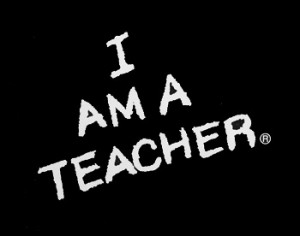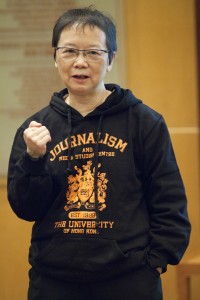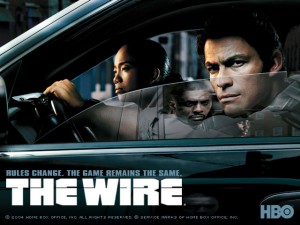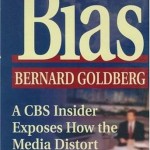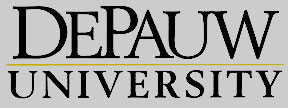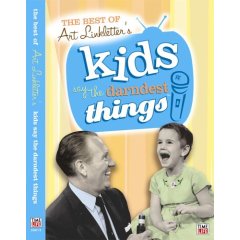The movie strikes a nerve, but perhaps more for men than women
So, Donna and I got round to seeing “Barbie” last night. After reading much in newspapers and magazines about it over the last month, I was primed for a few things: a) the film is a feminist statement that both admires and criticizes the doll, b) Ryan Gosling’s performance as Ken is remarkable, and c) some evangelicals warn their flocks to stay away because in their eyes it trashes traditional female roles.
Now that I’ve seen it, I can add that cinematically the film is extraordinary. The sets and visual tricks knock your socks off. And the dance numbers are exceptional, reminiscent of Broadway and the heyday of the movies.
But the feminist message also seems too familiar: certainly, it is not new to anyone who has followed debates over how or whether women can have both families and careers, about how they should treat men, and how men treat them. So, some of that is a cliche, if perhaps a necessary reminder. As a father of two women juggling all that — one as a rabbi and the other as a federal prosecutor — I have seen first-hand how tough things are today for career-and-family women (and I’ve heard of some of the buffoonish men they have to deal with).
Indeed, until the sexes are treated equally, the message needs periodic refreshes and updates. To that point, the monologue by America Ferrara’s character about the many tightropes women have to walk was superb (if delivered a bit too fast). Moreover, it’s shameful that there are still so few women in the top ranks of companies, decades after we at BusinessWeek (and others) wrote about such things as The Mommy Track. And the ridiculous legion of black-suited male execs at the Mattel of the movie underscores that, if in exaggerated form.
Still, because of that message, it is Ken’s emotional and behavioral challenges that strike me as the most interesting (and Gosling’s performance is, indeed, superb). Take pity, please, on young men these days, as they try to figure out how to behave with other guys (the movie exaggerates bro culture, but not by much) and with women. The old trope of “what do women want?” seems sexist, but nowadays women want many different things, and, for some of them, guys are reduced to adjuncts (much as Ken was in the eyes of Barbie buyers).
Throughout the movie, Ken wants Barbie’s love and yet he remains just a bit player in her life. How sad for today’s young guys who might find themselves in a similar spot.
In fact, as we have seen at the University of Nebraska-Lincoln, things are not all that great for a lot of young guys. Yes, the patriarchy remains, and that is more than troublesome. But, more troubling, lots of young men (like Ken) seem confused about who they are and where to take their lives. This was less the case with many women I had the privilege of teaching.
Male matriculation and dropout rates are worrisome, as the boys continue to fall behind the girls at the college level and earlier. Many seem adrift in ways many women often aren’t (and perhaps that has to do with maturation differences, though I suspect larger cultural forces are at play, too).
Both sexes, moreover, now face challenges professionally that just weren’t so great when my wife and I came of age. Our careers could follow relatively straight lines, including at institutions that one could rely on to be around a long time. Indeed, I worked at BusinessWeek for 22 years, a stretch that today’s young people are likely to fill with several employers.
Certainly, journalism institutions are being remade constantly. Even in a time of relative stability, two of my employers (Dun’s Business Month and the Rocky Mountain News) disappeared years ago, while two others (The Home News and BW) were sold off to other entities and their impact has diminished. I’m not sure what the future holds for journalism colleges, such as the one that employed me for 14 years. (I hope I’m not the jinx).
The movie speaks eloquently to the confusion both about gender roles and professional ones that young folks feel now. Director Greta Gerwig, 40, and her co-writer, Noah Baumbach, 53, seem to have their fingers on the pulse of people younger than they are (as well as their generation). To some extent, they are indulging in the cliched battle of the sexes (spoiler alert for the three people who haven’t seen the movie: Barbie and her friends reinstate their matriarchy by tricking the men), but the filmmakers do also say smart things about it.
Ruth Handler, the Denver native who created Barbie and Ken and named them for her children, added much to the imaginary play young girls could have by giving them a woman doll in 1959 (Ken came along later). Then, over the years, as women moved into lots of different jobs, Mattel gave girls things they could aspire to by churning out Barbies with costumes reflecting different jobs. The dolls also diversified ethnically. (Casting Rhea Perlman as Handler, the daughter of Polish-Jewish immigrants, was a great stroke, by the way).
Whether the change in the look of the dolls is as threatening to some traditional religious right-wingers as the movie has been is an interesting question. Still, it is sad that some of these folks can’t handle the idea of women achieving things outside their homes and churches. Even with Trumpism surging, it’s 2023, folks!
Finally, a personal note. At least one of our six granddaughters is a big fan of Barbie dolls. Because she’s only 5, it’s hard to see how she sees the doll or what impact, if any, it will have on her professional aspirations. I can only hope that the generational confusion that the movie taps into dissipates by the time she and our other grandkids begin to think about romantic partners and careers.
But I also expect that battles between the sexes that the movie depicts will long endure. For better or worse, it seems baked into our species. And movies such as this one are helpful — and wonderfully entertaining — reminders.





